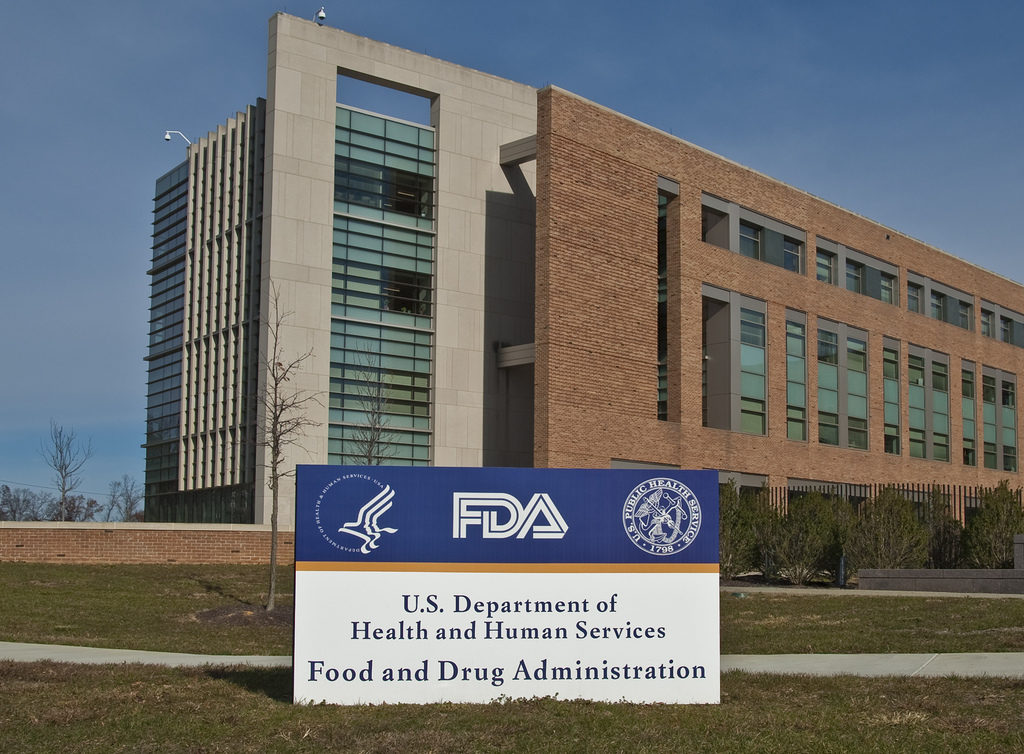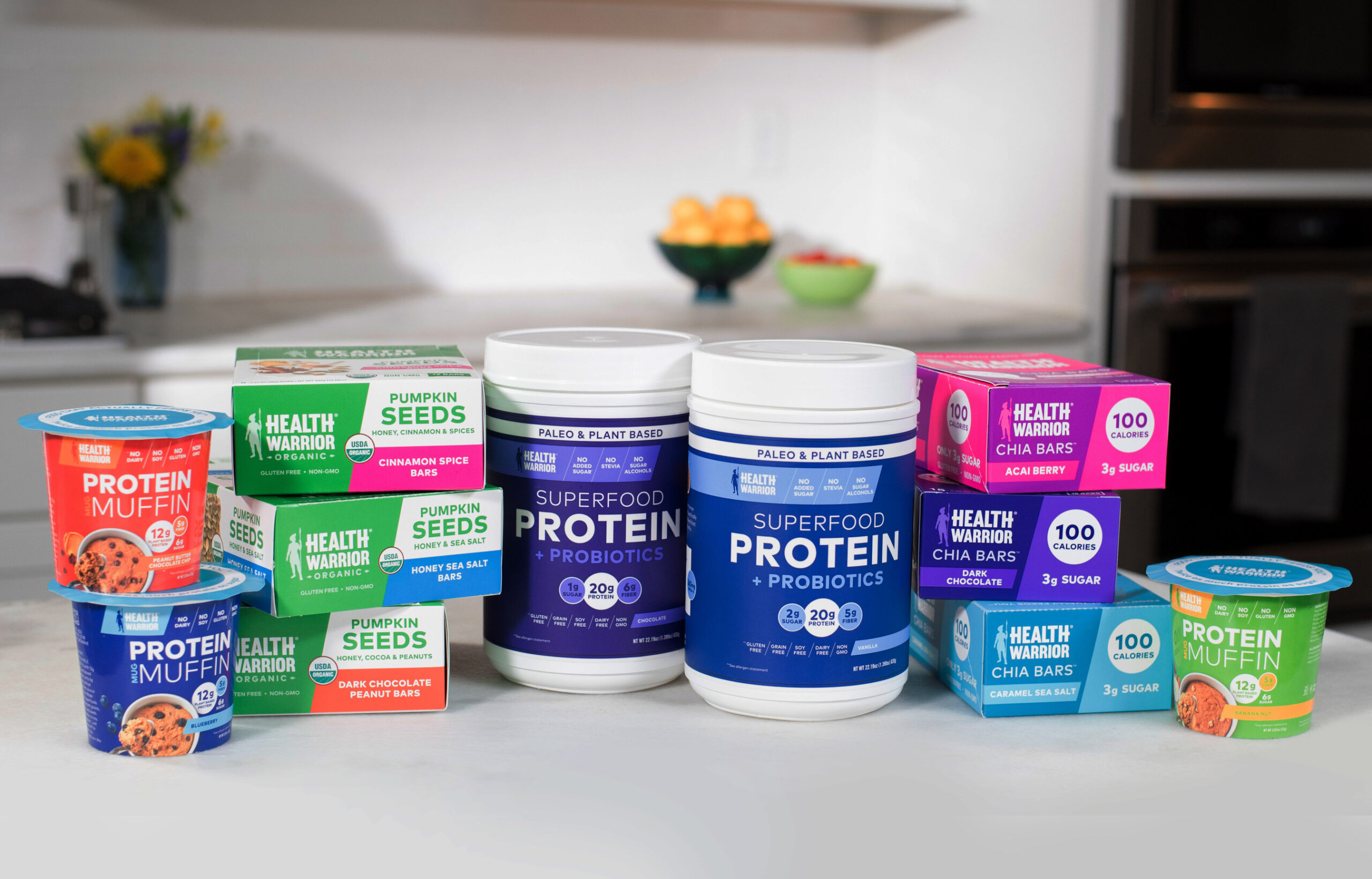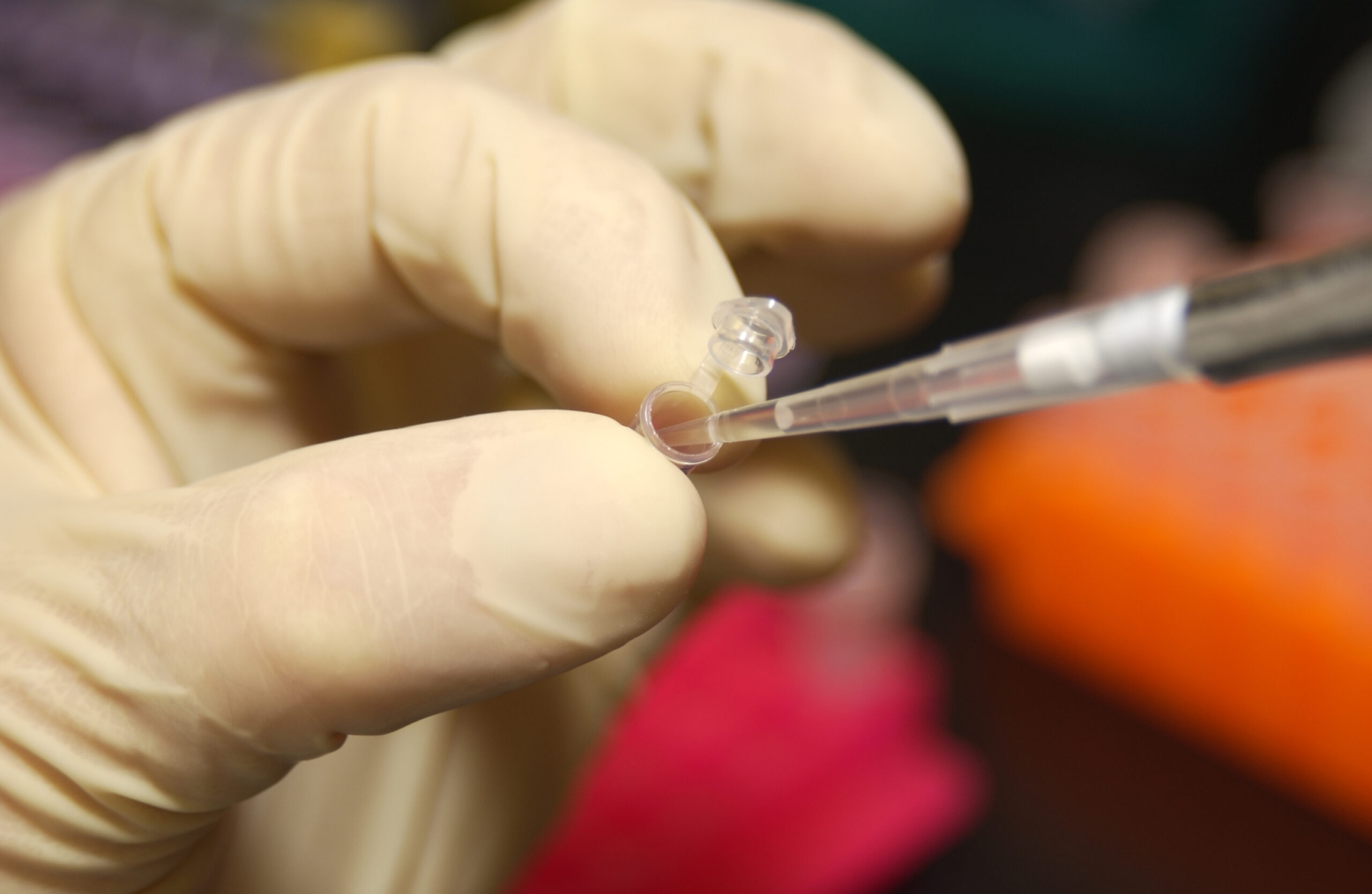Your Monday morning might have been bad, but not as bad compared to the 17 companies who woke up to the public release of their US Food and Drug Administration (FDA)-issued warning and advisory letters for the illegal sale of Alzheimer’s disease treatments and cures.
We are experiencing a rise in incidence of this progressive neurodegenerative disease, matching the rise of the elderly population. The Centers for Disease Control and Prevention estimates that 14 million people will be living with Alzheimer’s by 2060.
But with this comes an urgency to develop effective therapeutics for the prevention and treatment of Alzheimer’s. While some investigators and pharma companies work through the arduous, but necessary drug development pipeline, others have opted to market unapproved drugs to desperate patients looking for answer. The prevalence of fraudulent Alzheimer’s drugs prompted the FDA to issue 12 warning letters and five advisory letters to different companies around the world.
Many of these companies hit with FDA warnings market Alzheimer’s drugs as dietary supplements in the form of pills, tablets and oils. Included in the product description are exaggerated claims of efficacy without any approved clinical evidence. One company features a Chinese club moss that “‘works just as Alzheimer’s drugs work, but naturally without side effects.’”
Here’s a list of the 17 offending companies:
Recipients of warning letters:
- Blue Ridge Silver
- Capris Associates Inc./BR Naturals
- DK Vitamins
- Earth Turns, LLC
- Emmbros Overseas Lifestyle PVT Ltd
- Gold Crown Natural Products
- John Gray’s Mars Venus LLC
- Nutrition Coalition Inc.
- Peak Nootropics LLC (aka Advanced Nootropics)
- Pure Nootropics, LLC
- Sovereign Laboratories, LLC
- TEK Naturals
Recipients of advisory letters:
FDA Commissioner Scott Gottlieb highlighted the consequences of buying and consuming unsafe and ineffective dietary supplements.
“Any products making unproven drug claims could mislead consumers to believe that such therapies exist and keep them from accessing therapies that are known to help support the symptoms of the disease, or worse as some fraudulent treatments can cause serious or even fatal injuries,” he said in a statement.
In the last 5 years, the FDA had already issued over 40 warning letters concerning sham Alzheimer’s drugs.
If we know that Alzheimer’s is incurable, why then do so many people fall victim to health fraud? For one, deceptive marketers might specifically market these drugs as dietary supplements whether or not they truly fit the definition. Supplemental vitamins, minerals and herbs have become a routine part of the American lifestyle, according to Gottlieb.
For example, an average consumer might buy into a new “fish oil supplement” with anti-Alzheimer’s properties because they’ve heard fish oil supplements are good for you. However, there is no evidence that any dietary supplements can treat or cure Alzheimer’s disease.
Marketers might also claim that their drug or dietary supplement works against a wide range of unrelated diseases. The FDA warns that this tactic should raise a red flag for consumers.
Finally, since many of these companies sell their products online, they have the capacity to launch new websites each time they are shut down.
Given the ubiquity of both legitimate and illegitimate dietary supplements, the FDA is preparing to rewrite policies that govern dietary supplement safety, integrity and decision-making. These changes include improving communication of safety concerns, establishing a “flexible regulatory framework” for the approval of dietary supplements and strengthening partnerships with industry to protect public health.
“Our new approach benefits consumers by balancing new policies to promote innovation and efficiency in the marketplace for dietary supplements with increased steps to protect the public from potential safety issues,” said Gottlieb.
The FDA is also open to suggestions from the public on any changes they might want to see to the Dietary Supplement Health and Education Act (DSHEA), established 25 years ago.
For now, the FDA encourages healthcare practitioners and patients to beware of new drugs boasting bogus health claims.












Join or login to leave a comment
JOIN LOGIN